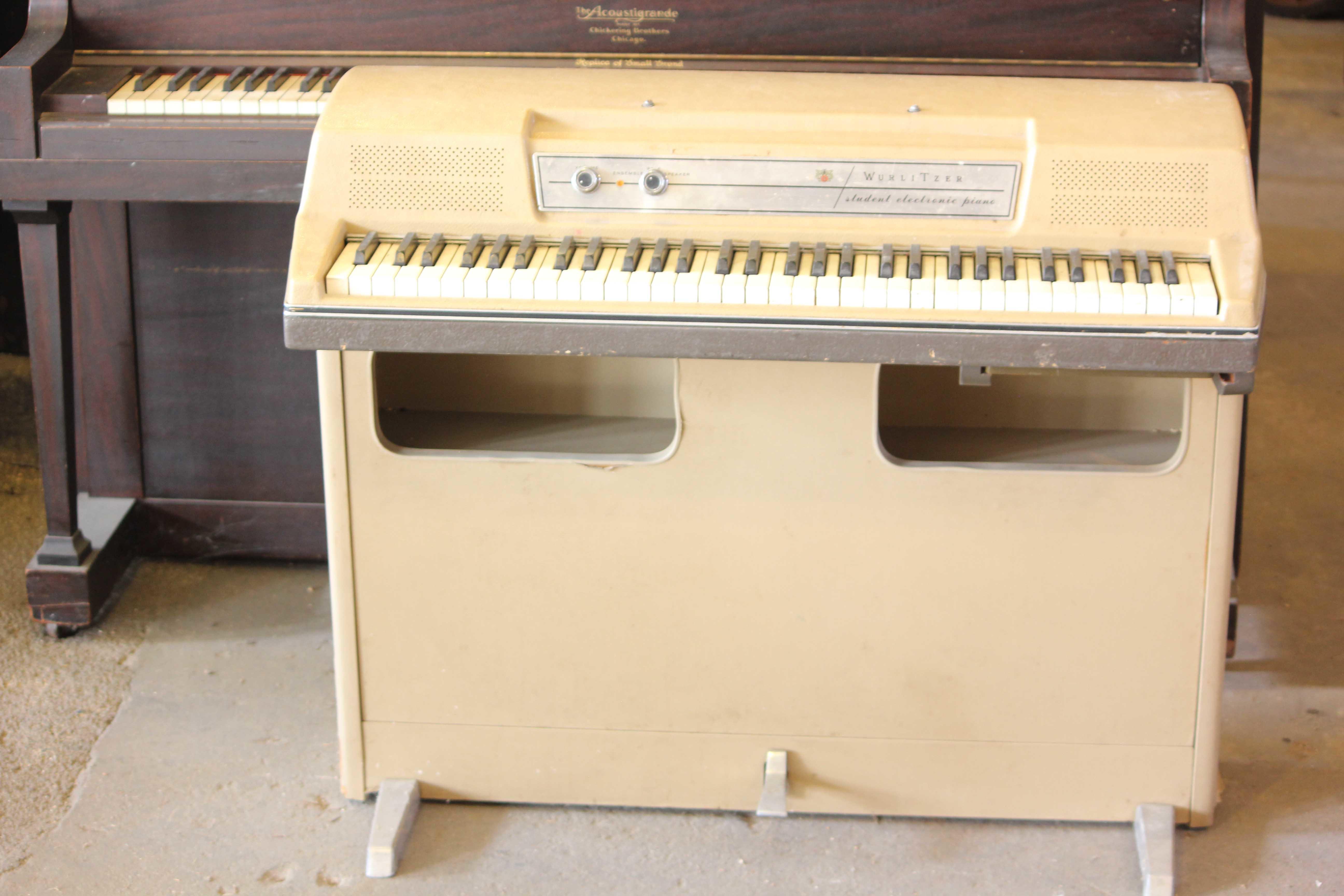
If possible in warmer climates keep the air-conditioning at a constant temperature below 75 debrees. Humidity can also cause strings to become rusty. } Humidity caused the felt hammers and dampers to swell and may lead to “sticky keys” or keys that do not come back after struck. Excess heating causes extreme dryness, so try to keep the temperature moderate around 70 degrees. } Start by locating the piano away from direct sunlight, drafts, and heat sources. Although it’s impossible to prevent every minor variation in indoor climate, you can often improve conditions for your piano. The good news is there are some simple things you can do to keep your piano sounding sweet and harmonious between regular service appointments. So, unless it’s in a hermetically sealed chamber, every piano is constantly going out of tune! Those near the soundboard’s edge move the least, and those near the center move the most. Unfortunately, the strings don’t change pitch equally. During dry times, the soundboard flattens out, lowering tension on he strings and causing the pitch to drop. As humidity goes up, a soundboard swells, increasing its crowned shape and stretching the piano’s strings to a higher pitch. And while the wooden soundboards produce a wonderful sound, they also react constantly to weather. To understand why, you must realize that the piano’s main acoustical structure, the soundboard, is made of wood (typically 3/8-inch thick Sitka spruce).

Most manufacturers recommend three to four tunings the first year, and at least two annually after that.Īside from this initial settling, seasonal change is the primary reason pianos go out of tune. It’s very important that a new piano be maintained at proper pitch (A-440) during this period, so the string tension and piano structure can reach stable equilibrium. Here we’ll look at why pianos go out of tune and how you can help yours stay in better tune between visits from your technician.įirst, new pianos are a special case their pitch drops quickly for the first few years as the new strings stretch and wood parts settle. Tuning is the most frequent and important type of piano maintenance, but it’s often the least understood.

Why does my piano need regular tuning? How often does my piano need tuning?” Piano technicians hear these questions every day. “If I move my piano to another room, does it need to be re-tuned? My grandmother had a fine old upright that she never got tuned.


 0 kommentar(er)
0 kommentar(er)
